Talking Cents
|
April March February January |
How Do Small Business Accounts Streamline the Accounting ProcessWhen it comes to entrepreneurship, small businesses frequently have to balance a variety of obligations, from managing operations to nurturing customer relationships. Among these crucial tasks, accounting stands out as both essential and daunting. However, with the advent of technology and innovative accounting solutions, small business owners now have access to tools and strategies that streamline the accounting process, allowing them to focus more on growing their ventures. Let's delve into how small business accounts can effectively streamline their accounting processes. Cloud-Based Accounting Software: Traditional methods of manual bookkeeping are not only time-consuming but also prone to errors. Accounting software that runs on the cloud has completely changed how small businesses manage their finances by providing a centralised platform for recording transactions, generating invoices, and tracking expenses. These platforms, such as QuickBooks, Xero, and FreshBooks, offer features like automatic bank feeds, real-time reporting, and seamless integration with other business tools, making accounting tasks more efficient and accurate. Automated Bookkeeping: Manual data entry is a thing of the past with automated bookkeeping tools. These technologies classify transactions using machine learning and artificial intelligence techniques, reconcile accounts, and detect anomalies automatically. By reducing the need for manual intervention, small business owners can save valuable time and ensure greater accuracy in their financial records. Additionally, automated bookkeeping minimises the risk of human error, leading to more reliable financial reporting and compliance with tax regulations. Electronic Payment Systems: Incorporating electronic payment systems not only streamlines the invoicing and payment process but also facilitates better cash flow management. With online payment platforms like PayPal, Stripe, and Square, small businesses can send invoices digitally, accept payments securely, and track outstanding balances in real time. Furthermore, integrating electronic payment systems with accounting software eliminates the need for manual reconciliation, ensuring that financial records are always up-to-date and accurate. Receipt Scanning and Expense Tracking: Keeping track of receipts and expenses is essential for maintaining financial transparency and maximising tax deductions. However, manually entering and organising paper receipts can be tedious and prone to errors. Receipt scanning apps, such as Expensify and Receipt Bank, streamline the expense tracking process by allowing users to digitise receipts with their smartphones. These apps automatically extract relevant information, categorise expenses, and sync data with accounting software, saving time and reducing the risk of lost or misplaced receipts. Outsourced Accounting Services: For small businesses with limited resources or expertise in accounting, outsourcing accounting services can provide a cost-effective solution. External accounting companies can offer a comprehensive range of services, including bookkeeping, payroll processing, tax preparation, and financial advisory services. By entrusting accounting tasks to professionals, small business owners can focus on core operations and strategic growth initiatives while ensuring compliance with regulatory requirements and financial best practices. Regular Financial Reviews and Reporting: Maintaining a proactive approach to financial management is essential for small businesses to thrive. Regular financial reviews and reporting help business owners track performance, recognise different trends, and make informed decisions. By leveraging accounting software's reporting capabilities, small business owners can generate customisable financial reports, including balance sheets, cash flow projections, and profit and loss statements. This analysis is usually capable of providing valuable insights into the business's financial health and serves as a roadmap for future growth and investment. Small businesses can streamline the accounting process through the adoption of technology, automation, and strategic outsourcing. Cloud-based accounting software, automated bookkeeping tools, electronic payment systems, receipt scanning apps, and outsourced accounting services are just a few examples of how modern accounting solutions can simplify financial management tasks and improve overall efficiency. By embracing these innovative approaches, small business owners can focus their time and resources on driving success and achieving their long-term goals. Consider M.A.S. Partners for Small Business Accounting Needs: Find financial success for your small business in Sydney with M.A.S. Partners, your trusted experts in small business accounting. Our dedicated team of small business accountants in Sydney offers tailored solutions to optimise your financial management. Let us streamline your accounting processes, maximise tax benefits, and propel your business towards growth. Contact M.A.S. Partners today and experience the difference in professional small business accounting services. |




